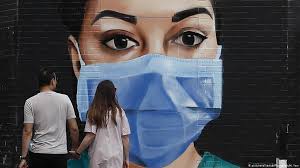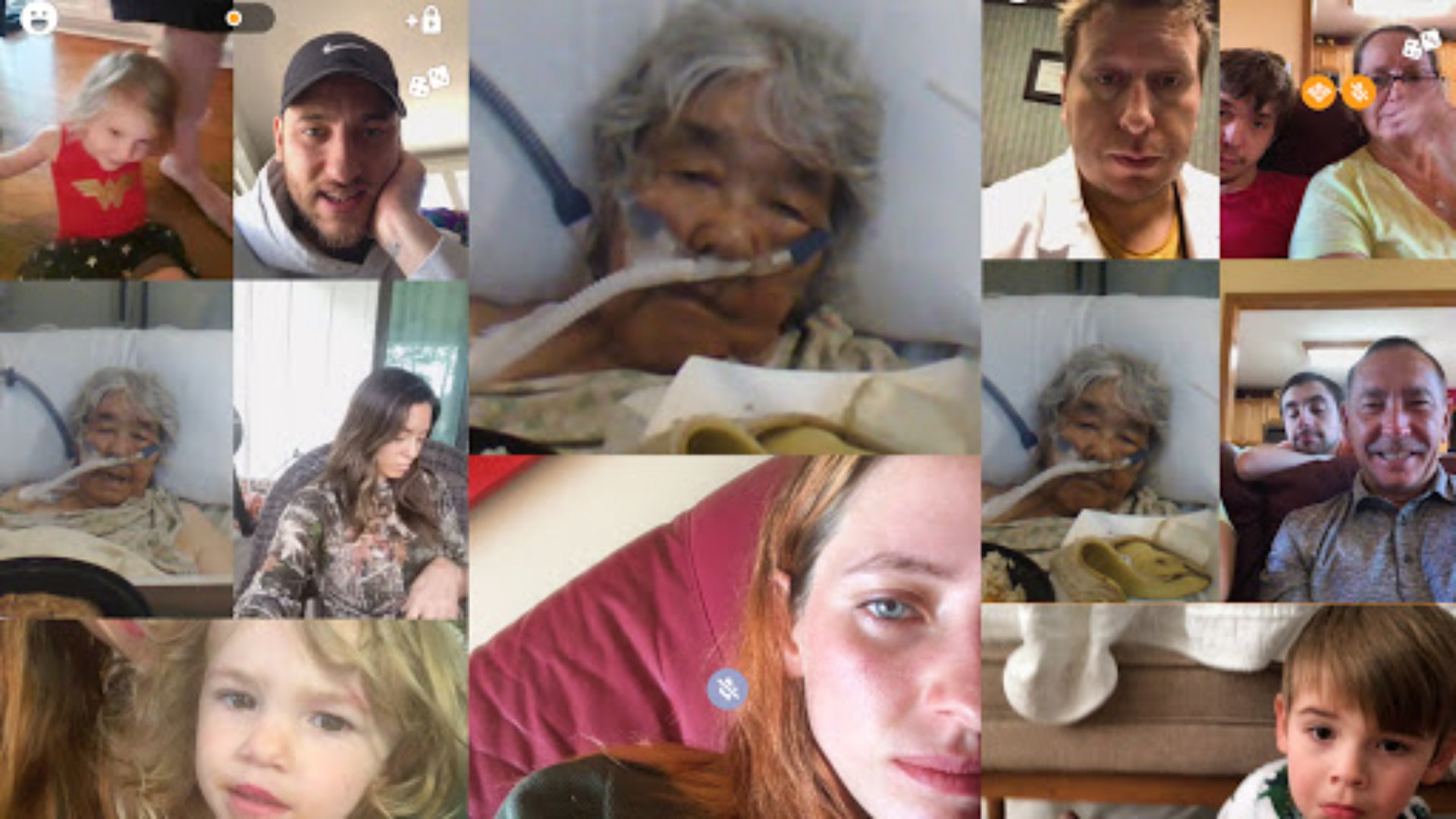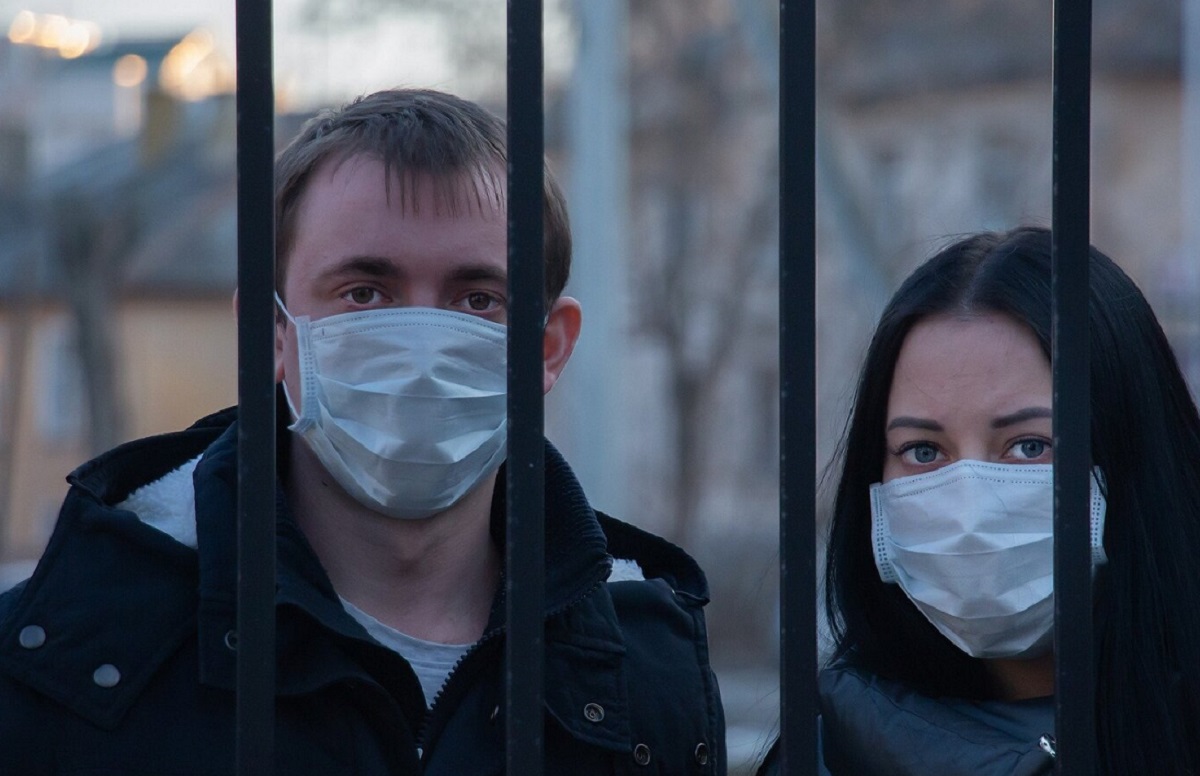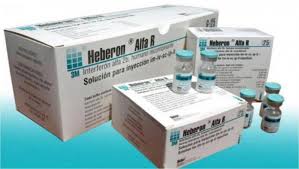Coronavirus: Why Do Some People Die, But Some People Recover

Why do some people die, but some people recover
Why are two people of the same 40 years old, one is very sick after being infected with the new coronavirus, and the other does not even need to be hospitalized after being infected?
Among the patients with new coronavirus pneumonia contacted by American doctor Megan Ranney, some patients are similar in age, background, and health conditions, but the conditions are completely different. He believes that age and underlying diseases can only be one of the influencing factors of this phenomenon, and there are deeper reasons behind it.
The immune system of some patients can produce auto-antibodies**

A new study found that in some cases, some people—especially men—have problems with their immune system being attacked by the body itself. Researchers hope this discovery will help them develop targeted treatments for these patients.
In this international study, antibodies in 10% of nearly 1,000 patients with new coronavirus pneumonia disabled a key immune system protein called interferon. These antibodies are called autoantibodies because they attack the body itself.
“This is one of the most important things we have learned about the immune system since the beginning of the epidemic,” said Eric Topol, executive vice president of research at the Scripps Research Institute in San Diego “This is a breakthrough discovery.”
In the second scientific research led by the research team, the researchers found that 3.5% of critically ill patients had mutations in genes that control the interferon involved in fighting the virus.
According to Angela Rasmussen, an associate researcher and virologist at the Center for Infection and Immunity at the Mailman School of Public Health, Columbia University, interferon is the body’s first line of defense against infection, just like the fire and The automatic sprinkler system will sound the alarm and activate a large group of genes to fight the virus.
Professor Zhang, a researcher at the Rockefeller University’s St. Giles Infectious Patient Genetics Laboratory, said that interferon is particularly important for protecting the human body against new viruses. When you are infected with the new coronavirus, “alarms will sound everywhere in the human body. If the alarm is not sounded, the virus may raging in your body.”
The lead author of this antibody study and researcher at Rockefeller University, Paul Bastard (Paul Bastard) wanted to learn more about whether autoantibodies against interferon also increase the risk of infection with other viruses, such as influenza viruses. “Some patients have been infected with influenza viruses. We We are studying whether autoantibodies have an effect on influenza viruses.”
Sabra Klein, professor of molecular microbiology and immunology at the Bloomberg School of Public Health at Johns Hopkins University, said that scientists have long discovered that viruses and the immune system will compete in the human body. Evolve ways to evade the immune system and even suppress the immune system’s response.
Differences in symptoms between men and women with new coronavirus pneumonia

- Prevent Coronavirus Spreading With Right Mask: 3 Points to Know
- Steps to help prevent the spread of COVID-19 if you are sick
- Test Kit for Coronavirus: SARS-CoV-2 Nucleic Acid Detection Kit (Rapid PCR Fluorescence Method)
- Symptoms (COVID-19)
- How does ZeroVirus protect us from virus?
Another study found that among the tested patients, about 12.5% of male patients with new coronavirus pneumonia had interferon autoantibodies, while this proportion was only 2.6% of female patients.
Klein said this result was unexpected because autoimmune diseases are more common in women. He thinks this research may help explain why men are more likely to die from the new coronavirus than women.
Akiko Iwasaki, professor of immunobiology at Yale University School of Medicine, pointed out that several genes involved in the immune system’s response to the virus are located on the X chromosome. Women have two chromosomal backups, and each gene has two backups. This provides women with a backup plan in case a certain backup of a gene is defective. However, men have only one X chromosome backup. Therefore, if there is a defective or harmful gene on the X chromosome, they cannot use other copies of that gene to correct the problem.
Bartz pointed out that in the study, there was a woman with autoantibodies in her body. She had a rare genetic condition: she had only one X chromosome.
When the new coronavirus pneumonia emerged in China, experts speculated that Chinese men love to smoke more than women, so they are more susceptible to the virus. But researchers quickly noticed that Spanish men are also more likely to die of new coronavirus pneumonia, but Spanish men and women have roughly the same smoking rates.
Experts speculate that men are less likely to wear masks in public than women, and they are more likely to delay medical treatment, which may put men at a higher risk.
But the difference in behavior between men and women is only part of the reason. Scientists say that female hormones may protect women, and male hormones may put men at greater risk. Recent studies have also found that obesity is far more harmful to male patients with new coronavirus pneumonia than it does to female patients with new coronavirus pneumonia.
Perhaps women with new coronavirus pneumonia are less likely to die, but they are more likely to have sequelae of new coronavirus pneumonia.
Studies have shown that women are four times more likely to develop sequelae of new coronavirus pneumonia than men. These sequelae symptoms can last for weeks or months and include fatigue, weakness and a type of mental disorder called “brain fog.”
Interferon injections may help patients beat the virus

Bartz said that screening patients for interferon autoantibodies can help predict which patients are more likely to get worse. Hospitals in Paris can now screen patients according to doctors’ requirements.
Bartz believes that every person admitted to the hospital should be tested to determine who is at risk of serious illness.
Bartz hopes his discovery will lead to new treatments that save lives. He pointed out that injecting these patients with an interferon that does not fail due to genes or autoantibodies may help them defeat the virus.
In fact, a pilot study recently published in The Lancet·Journal of Respiratory Medicine found that inhaled interferon would help. In this study, hospitalized patients with new coronavirus pneumonia who were randomly assigned to receive interferon beta-1a were more than twice as likely to recover enough for normal activities as other patients.
Imperial College London researcher Nathan Peiffer Smadja (Nathan Peiffer Smadja) said that researchers need to confirm these findings in a larger study. Future research should detect genetic mutations and autoantibodies against interferon in patients’ blood to see if their responses are different from others.
Peffer Smaja pointed out that inhaled interferon may be better than injectable form of medicine because it is delivered directly to the lungs. However, injectable interferon has been used to treat other diseases for many years, while inhaled interferon is still in the experimental stage and cannot be bought on the market.
Peffer Smaja said that doctors should be cautious about interferon at present, because a study led by the World Health Organization found that injection of interferon is not beneficial to patients with new coronavirus pneumonia. In fact, among patients receiving interferon therapy, the mortality rate is on the rise. The administration of interferon in the late course of the disease may lead to a destructive immune overreaction called a cytokine storm, in which the immune system is more damaged than the virus.
At present, more than 100 interferon clinical trials have been launched worldwide. The medical community said that Bartz’s discovery is unlikely to change the way they treat new coronavirus pneumonia until the larger study is completed.
